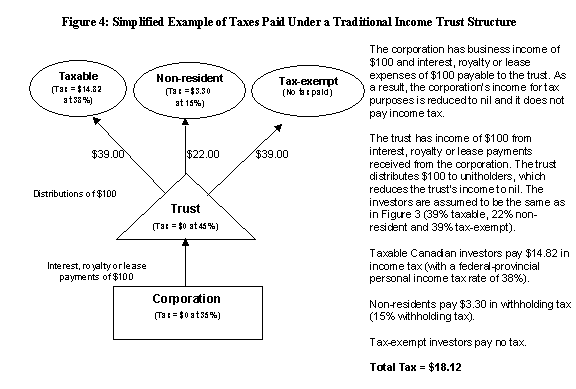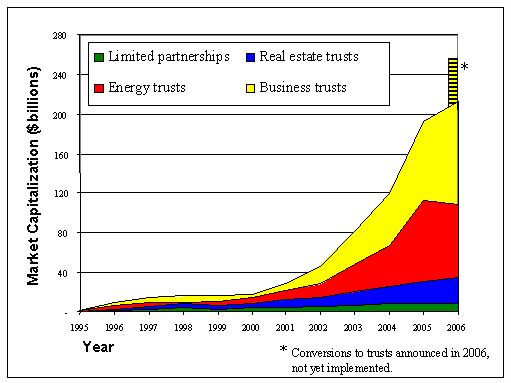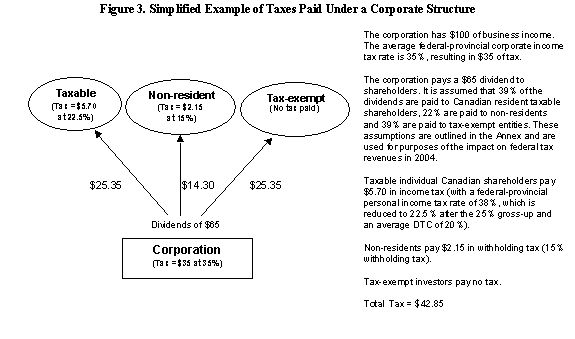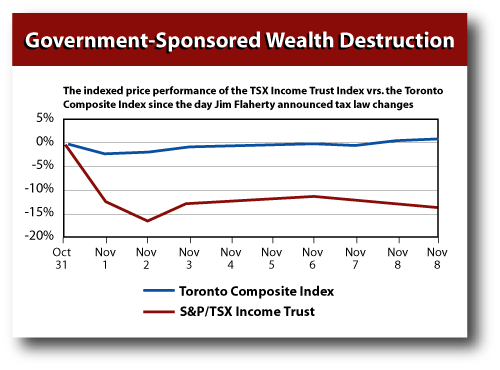Investing in the energy sector can be a lucrative endeavor, especially with the right knowledge and strategy. One investment option that has gained popularity among seasoned investors is oil royalty trusts. These unique investment vehicles offer a compelling combination of regular income distribution and potentially attractive capital appreciation.
In this article, we will delve into the world of oil royalty trusts, exploring what they are, how they work, and how to choose the best ones for your investment portfolio.
Introduction to Oil Royalty Trusts
Oil royalty trusts are specialized investment entities that allow investors to benefit from the production and sale of oil and natural gas reserves without owning or operating wells. These trusts hold interests in established oil fields and receive royalties or net profits from ongoing production.
By explaining the definition, function, and benefits of oil royalty trusts, this article aims to provide a clear understanding of these investment vehicles.
Oil royalty trusts collect revenue from participating properties and distribute it to unit holders (investors). The distribution amount depends on factors like production levels, commodity prices, and operating expenses.
Unlike traditional companies that reinvest profits for growth, oil royalty trusts pass most of their income directly to investors. This often results in attractive yields compared to other energy sector alternatives.
Investing in an oil royalty trust offers individuals a way to participate in the energy industry without the complexities of direct ownership or operational responsibilities.
Through engaging language and active voice, this section aims to provide readers with a comprehensive overview of how these investment entities work and their potential benefits.
Criteria for Evaluating the Best Oil Royalty Trusts
When evaluating oil royalty trusts, it’s important to consider their types and distribution structures. Trusts can be traditional or perpetual, with fixed or indefinite lifespans. Distribution frequency and percentage of revenue distributed also vary.
Assessing production levels and reserves is crucial. Higher production levels indicate a strong asset base, while larger reserves suggest longer lifespan or sustained profitability.
Analyzing historical distributions provides insights into performance and stability. Look for consistent distributions even during market volatility. Trends in distribution amounts reveal growth prospects or risks associated with declining revenues.
Considering these criteria helps investors make informed decisions when evaluating the best oil royalty trusts. Thorough research is essential to maximize returns while minimizing risks.
Top Performing Oil Royalty Trusts of the Year
When evaluating oil royalty trusts, it is crucial to consider various factors such as returns, stability, growth prospects, and more. In recent years, several oil royalty trusts have stood out for their exceptional performance in these areas.
One notable trust is XYZ Royalty Trust. With consistently high returns and a solid track record, XYZ has positioned itself as one of the top-performing trusts in the oil industry. Their ability to generate stable income for investors while maintaining growth prospects sets them apart from their competitors.
Another trust that deserves recognition is ABC Royalty Trust. Known for its consistent dividends and reliable performance, ABC has gained a reputation as a trustworthy choice for investors seeking stable returns. The trust’s focus on long-term sustainability and efficient management has contributed to its success.
Investors looking for growth potential should also consider DEF Royalty Trust. This trust has shown remarkable growth prospects over the past year, driven by strategic investments in emerging markets and innovative technologies. With a forward-thinking approach, DEF aims to capitalize on future opportunities in the oil industry.
Additionally, GHI Royalty Trust deserves mention for its commitment to sustainable practices and environmental responsibility. GHI has not only achieved impressive financial results but also demonstrated a dedication to reducing carbon emissions and promoting renewable energy sources within their operations.
In summary, these top-performing oil royalty trusts of the year showcase different strengths and attributes that make them stand out in the market. Whether it’s consistent returns, stability, growth prospects, or a focus on sustainability, each trust brings something unique to the table.
As an investor considering oil royalty trusts, carefully evaluating these factors will help you make informed decisions that align with your investment goals.
Benefits and Risks of Investing in Oil Royalty Trusts
Investing in oil royalty trusts offers regular income distribution and potential for capital appreciation. These trusts generate steady cash flow from established production assets, providing investors with a reliable source of earnings.
Additionally, if the underlying properties experience significant increases in production or commodity prices, the value of the trust can appreciate.
However, there are risks to consider. The energy sector is highly volatile, influenced by geopolitical events, supply and demand dynamics, and regulatory changes. This volatility can impact the performance of oil royalty trusts.
Operational risks also exist, including maintenance issues, technological challenges, and environmental concerns associated with oil and gas production. Disruptions or accidents could affect the revenue generation capacity of these trusts.
In summary, investing in oil royalty trusts offers benefits such as regular income distribution and potential capital appreciation. However, market volatility and operational risks should be carefully evaluated before making investment decisions.
How to Choose the Best Oil Royalty Trust for Your Portfolio
When selecting an oil royalty trust for your investment portfolio, it’s crucial to consider your objectives and risk tolerance. Look for trusts with a track record of consistent returns and distributions over time. Assess the quality of their underlying assets, such as production levels, reserve volumes, and geological data.
Diversify your portfolio by choosing trusts with exposure to different regions or producing fields. Lastly, consult with financial professionals to gain additional perspectives aligned with your overall financial strategy.
By following these guidelines, you can confidently choose an oil royalty trust that suits your investment goals and potentially maximize your returns in the energy sector.
[lyte id=’_wfm3lBmK38′]




